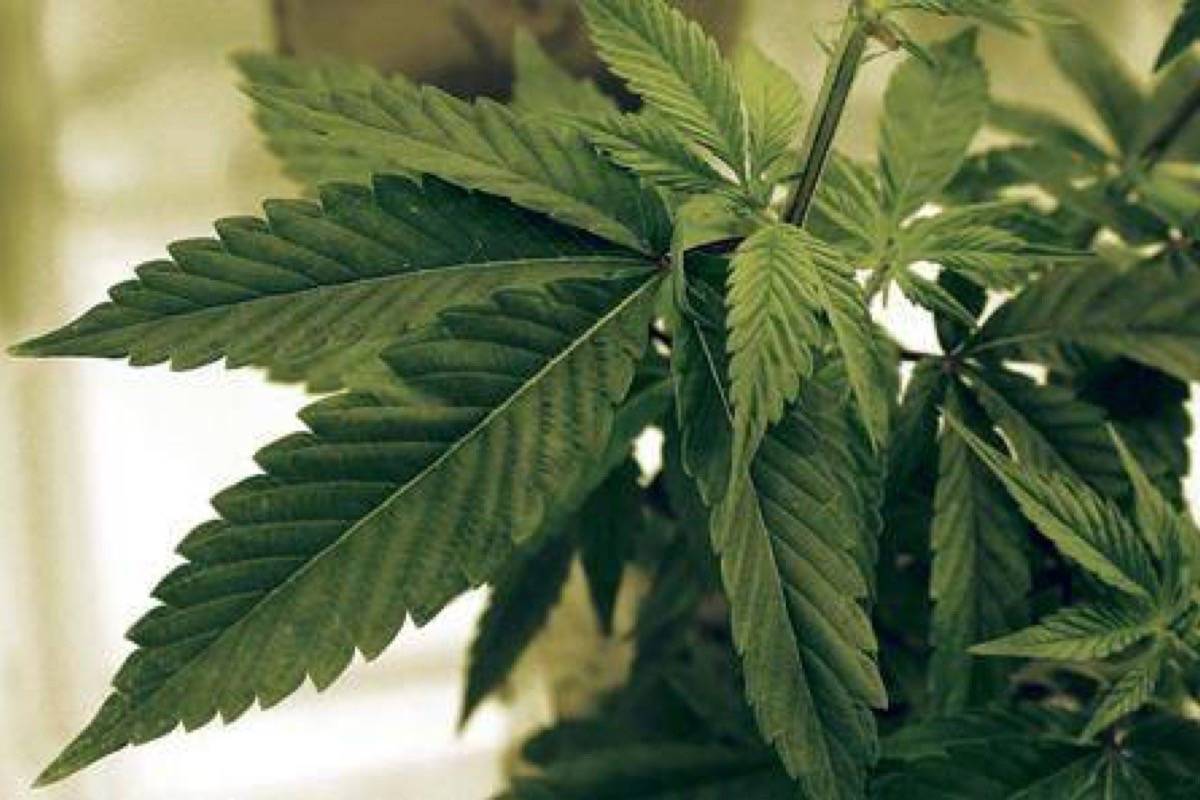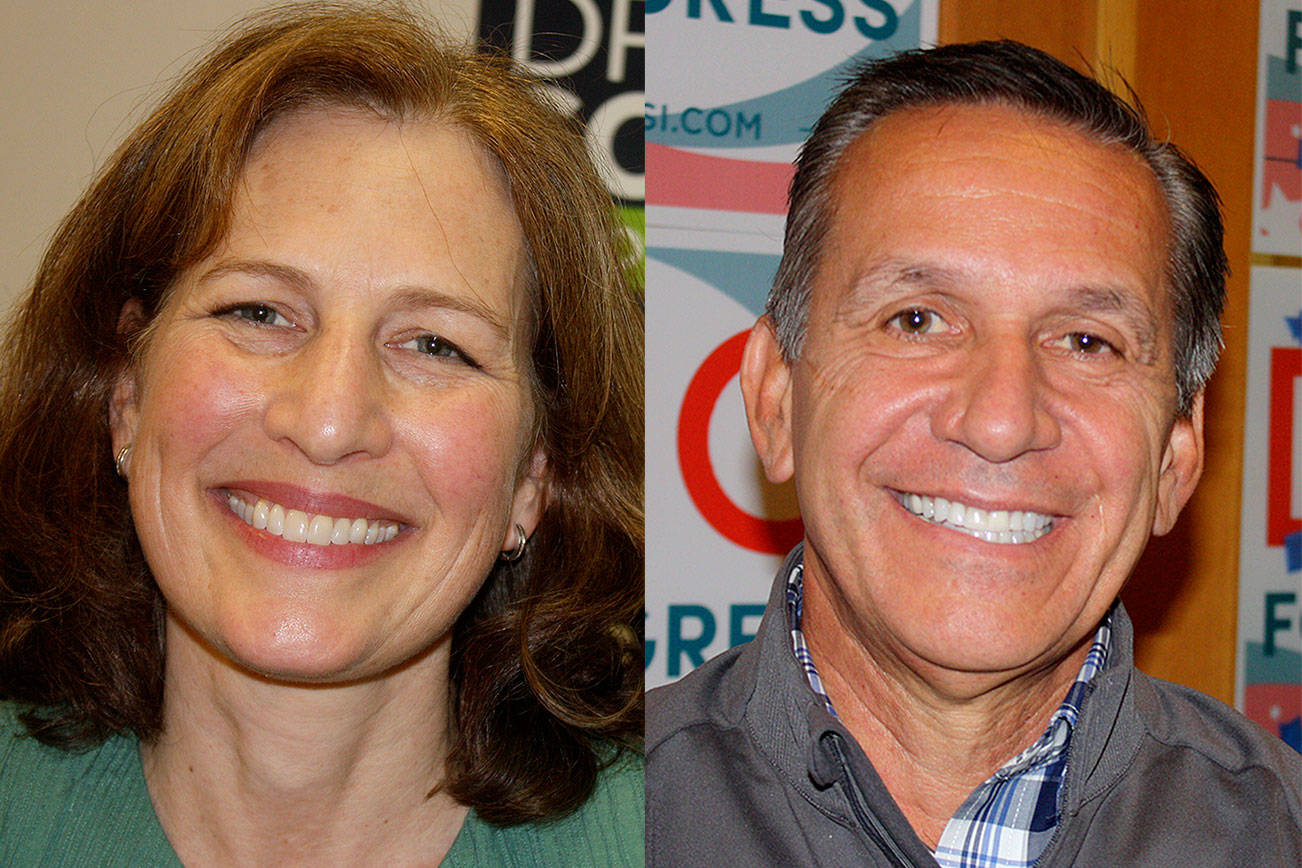A decision by U.S. Attorney General Jeff Sessions to rescind the federal government’s hands-off approach to states with legal marijuana had been expected by Washington state’s top elected leaders.
Just not on Thursday.
“Frankly, I don’t think it comes to us as a surprise,” said Washington Attorney General Bob Ferguson at a press conference in Olympia. But Ferguson and Gov. Jay Inslee said Sessions gave Washington no advance warning about his Thursday announcement to revoke two agreements that allow states to develop their own legalized marijuana systems without federal interference.
“The current attorney general has had this in his bonnet for decades and he can’t get it out of his bonnet,” Inslee said.
Both Inslee and Ferguson said it is too soon to say what legal counter-measure—including a possible lawsuit—will be taken. Ferguson said extensive legal research is needed. And Session’s notification is vaguely worded, making it difficult to evaluate the exact ramifications, he added.
Sessions’ memo said federal prosecutors can prosecute federal marijuana crimes if they believe that should be a priority. Ferguson said Washington’s district-level attorneys general had not yet told him what they intend to do.
In 2009, the Obama administration reached an agreement with states with legalized medical marijuana, dubbed the “Ogden memorandum.” That memo told U.S. attorneys not to interfere with legal medical marijuana systems at the state level.
Then in 2013, the feds and states created the so-called “Cole memorandum,” which tackled recreational marijuana legalized at the state level. The federal government agreed to take a hands-off approach to such states if legal pot is kept from minors, measures are taken against black-market marijuana, and sold marijuana is kept in-state.
Inslee said Washington has done top-notch work in meeting the Cole memorandum’s requirements. “We have one of the best regulated and disciplined (marijuana) markets,” he said.
Eight states have legalized recreational marijuana, and another 18 have legalized only medical marijuana. Washington residents voted to legalize recreational pot in 2012, and the first retail store opened in 2014.
Inslee, Ferguson, and Rep. David Sawyer of Tacoma and lead Democrat on pot issues, voiced frustration in that they approached Sessions to discuss the nitty-gritty of legalized marijuana at the state level, and he refused to talk with them. “We do stand united—Republicans and Democrats—to meet with Sessions (in the future),” Sawyer said.
While Republican and Democratic legislators feud constantly on education and taxes, they work smoothly together on pot issues.
Sen. Ann Rivers, R-La Center, is the lead Republican on marijuana issues. She opposed legalization in 2012, and then embraced making legalized marijuana work because that what the state’s voters wanted. Also, she became fascinated with creating a new industry from scratch.
“We started a grand experiment a few years ago, and we worked hard to abide by the Cole memorandum,” Rivers said. Rivers and Ferguson contended that Sessions positions on state-level marijuana laws is faulty.
And Rivers pointed to marijuana taxes’ increasing role in providing state money for education and health programs. Washington Department of Revenue figures showed marijuana-related taxes raise almost $65 million in fiscal 2013-2015, $165 million in fiscal 2016, and $301 million in fiscal 2017. The revenue department predicts $362 million will be raised in fiscal 2018, and $379 million in fiscal 2019.
news@seattleweekly.com








